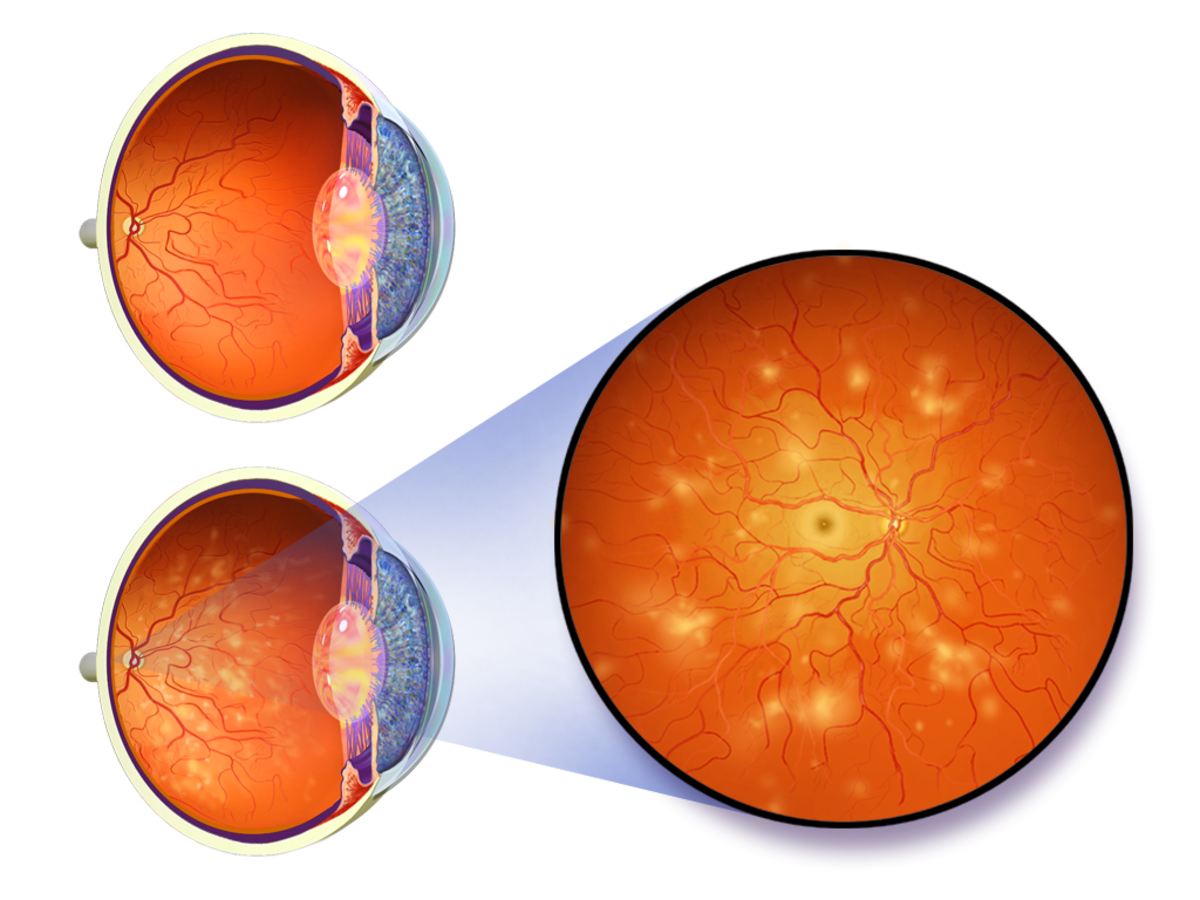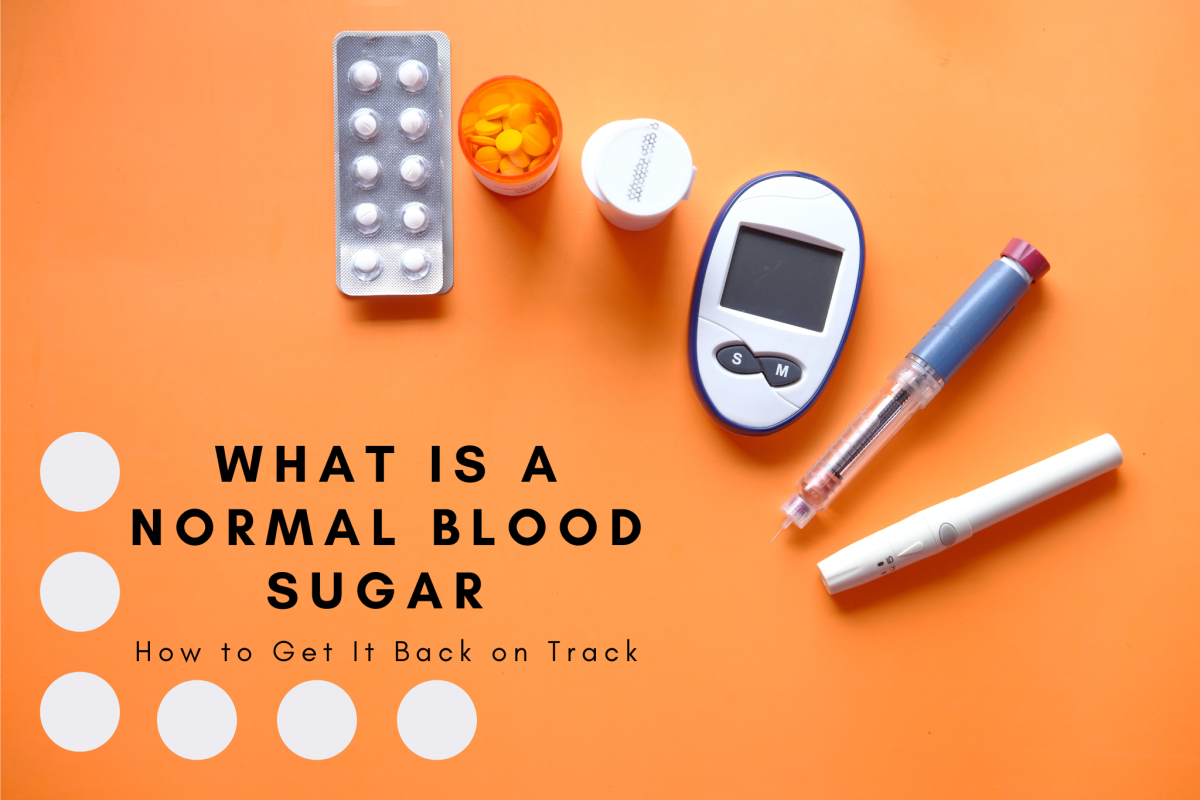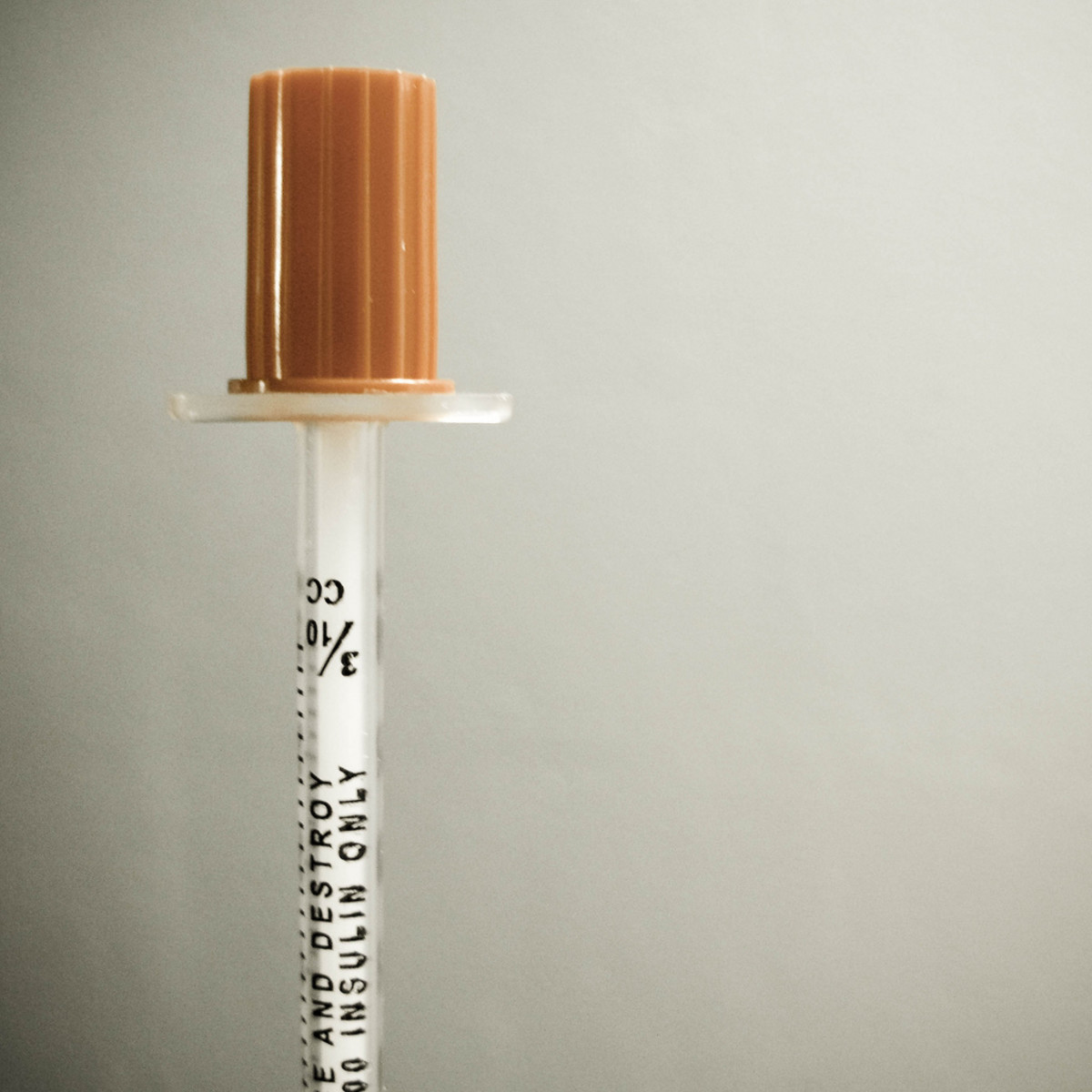Four Ways Diabetics Can Better Support Each Other And Fight Their Disease
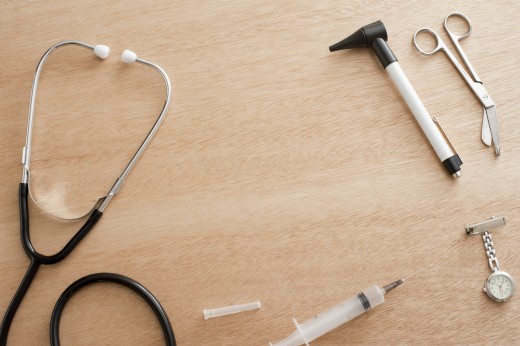
Diabetes Is A Chronic Disease
Diabetes is a chronic disease. Those of us who have it will struggle to control it the rest of our lives.
It's a disease that society and family members don't understand. It's a disease that scientists are still studying and doctors have no cure for.
You would think, with all these unknowns and all the jokes on the internet and television about our disease, that diabetics would be more supportive of each other. Even though society judges us, surely we wouldn't judge each other.
But I found that the diabetic community is harsher and more critical than many other communities of people. This needs to stop. Here are ways we can make a more positive change...
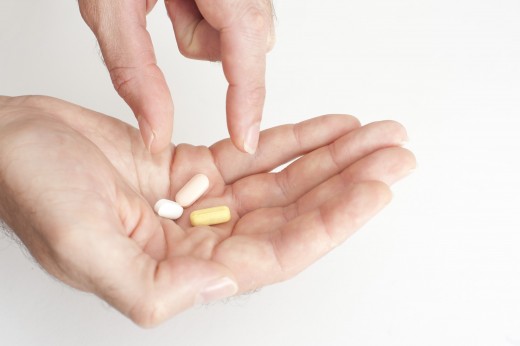
1. Admitting That We All Struggle
Diabetic burn out is a real thing that most of us will go through. Between the pills, shots, constant doctor appointments, daily blood tests, regulating food, and exercise, plus dealing with any physical consequences of our disease, we are all bound to get burned out. Especially when your numbers aren't equaling your efforts. When you do all these things every day and your numbers are still high, then you might stop seeing what the point in all of this is.
So it's important that we all admit that sometimes we mess up. Sometimes it's for weeks or months at a time. Is it bad for us? Of course. But most people don't have to worry about how all their minor decisions in life will affect how long they will live.
I notice that diabetics regularly brag when they go from a blood sugar average of 400 to a blood sugar average of 100. But when the reverse is true, most feel too terrified to share it.
We should be able to be honest about where we are, no matter what our numbers are. We need to make sure we all feel safe enough to share that information, too.
2. Stop Focusing On Death
Yes, there are so many ways that diabetics can die. We make up the majority of kidney failure patients. Diabetes is probably the most common reason people need limbs amputated. We are at risk for heart attacks and strokes.
But why talk about those things all the time? Most people have something in their family that they are genetically at high risk for, but they don't spend their lives focused on those things.
They think about being happy and healthy now. They don't dwell on the future and what might or might not be.
When we focus on these negative things, while most other people are living their lives normally, we just invite depression into our lives. Depression actually makes you more likely to get sick and die sooner.
It's good to be informed of these things, but diabetics over inform. They are so terrified of people not knowing the consequences of letting their blood sugar get too high or forgetting them that they mention them constantly.
Negative reinforcement is actually a terrible way to motivate people to do things. In fact, it often makes already struggling people develop depression. It lacks empathy and encouragement. If a diabetic admits to you that they are struggling, they want help, not a lecture.
3. Stop Competing And Blaming
When have you ever seen a group of cancer patients sitting around and saying to each other,"Oh, you have foot cancer. Big deal. I have brain cancer. That's so much worse."
Brain cancer is worse than foot cancer. Feet can be amputated (as long as the cancer hasn't spread), but brains can not. But instead of competing and comparing cancers, two people with cancer usually try to support each other. This is not the case with diabetics.
We compare the type of diabetes we have with each other. We complain that our type is worse than someone else's type because it has more limitations. Or that someone must have "given themselves" diabetes because they have a certain type, while people of the other type are all innocent and didn't do anything to get the disease.
It seems we learned nothing from the past. When people used to blame AIDs victims because some were homosexual and supposedly "gave it to themselves." There were prejudices that surrounded AIDs and made people less empathetic. It made people judge people with the disease and treat them poorly.
If you want doctors to treat diabetic patients better, if you want people to stop making jokes about diabetes every time they are eating sugar, then stop putting down other diabetics yourself.
It doesn't matter if they are fat, in the middle of eating a brownie, whether they contracted it when they were a child, or when they were old. Be nice to each other and help fight the discrimination of diabetics in our country.
We've known about diabetes for longer than we've known about polio. We have a cure for polio, but not a cure for diabetes. If you don't fight the discrimination in our society of diabetes and how some of us "deserve" to get sick and die, then you're halting progress.
No one will want to fund diabetes. No one will feel empathy over it. No scientists will want to work on it.
Hurting a fellow diabetic hurts you, too.
People always like to blame people who are suffering for their suffering. If it's "their fault", if they "deserve it", then everyone else is safe. This isn't true. People suffer for all kinds of reasons and it should be treated with empathy.
4. Depression Support Groups
Diabetes is a chronic disease that needs constant maintenance.
It is very difficult to go to the doctor multiple times a year and know that you might be receiving bad news. It is difficult to deal with the side effects of treatment. It is difficult to know that you aren't as healthy as the people around you.
Depression is common when someone has a chronic disease.
There are lots of lectures for diabetics and courses about how to care for their body. There is very little out there about how they should care for their mental health.
This needs to change. We need to be as positive as possible if we are to make positive changes in our health every day.
This content is accurate and true to the best of the author’s knowledge and is not meant to substitute for formal and individualized advice from a qualified professional.
© 2016 EB Black

